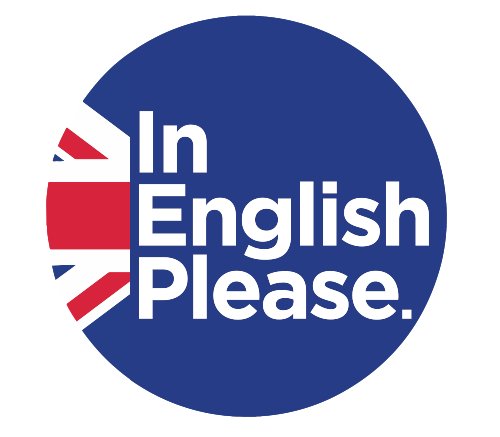4. Modal Verbs: Can’t have and needn’t have

Can’t have
This modal verb expresses something that you are very sure has not happened in the past, or when you think something was impossible in the past.
[Can’t have + Past Participle]
For example
They can’t have left the party yet – I can still hear the music.
The thief can’t have escaped through that window because it is too small.
The kids can’t have been at the movie theater. They were at home all weekend studying for the exam.
Sam can’t have said that. She is so nice and wouldn’t have a bad opinion of you.
*Note: “can’t have” and “couldn’t have” have a very similar meaning
Needn’t have
We use “needn’t have + past participle” to express that something was done, but it was not necessary. You went to work but then remembered it was your day off? You needn’t have done that!
Needn’t have + Past Participle
For example:
You needn’t have used your time. I will do it next time.
She needn’t have said anything. We already knew the truth.
We needn’t have studied so hard for the test. It ended up being canceled.
We can also use “didn’t need to” or “didn’t have to” to express the same idea. For some native speakers, “needn’t have” is the least common of the three forms.
For example:
You didn’t have to use your time. I will do it next time.
She didn’t need to say anything. We already knew the truth.
We didn’t need to study so hard for the test. It ended up being canceled.
The key difference between these forms and “needn’t have” is that they can express that an action wasn’t necessary, even if the action wasn’t done. While “needn’t have” expresses that the action was done despite it not being necessary.
Take a look:
It stopped raining so we didn’t need to take a raincoat.
We didn’t have to wait long because the bus arrived on time.
We didn’t need to go to work because we had holidays.

